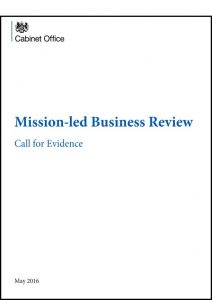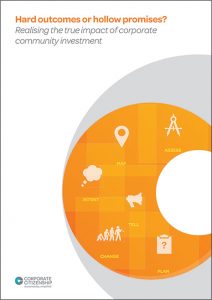Amid continuing concern about the hard economic consequences of Brexit, there’s cause for optimism from good progress on the Paris climate agreement and the roll-out of the Global Goals.
Mark Carney, the softly-spoken Canadian governor of the Bank of England, provides a rare focus for optimism right now. Indeed he has been dubbed by one pundit ‘the only adult in the room’ while politicians play children’s games.
He can’t do much about the remorseless logic of the UK government putting border controls and immigration limits ahead of staying in the world’s largest trading block and what that will do for economic prospects; still less about the possible global consequences of Brexit’s American cousin, Trump, should that come to pass next month.
But he is intervening vigorously in the debate about opportunities arising from the move to a low carbon economy. His timing is excellent, with the EU Parliament fast-tracking its approval of the Paris Climate Agreement, meaning we are now over the threshold of 55 countries equating to 55% of global emissions needed for ratification. Continue reading








 ay off.
ay off.


